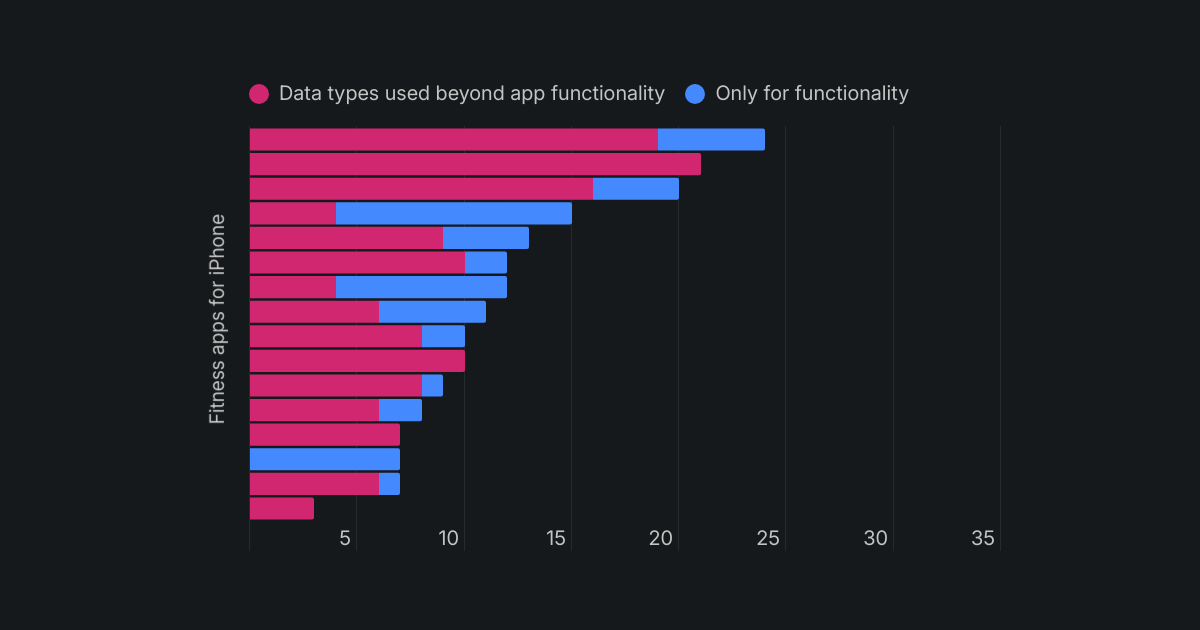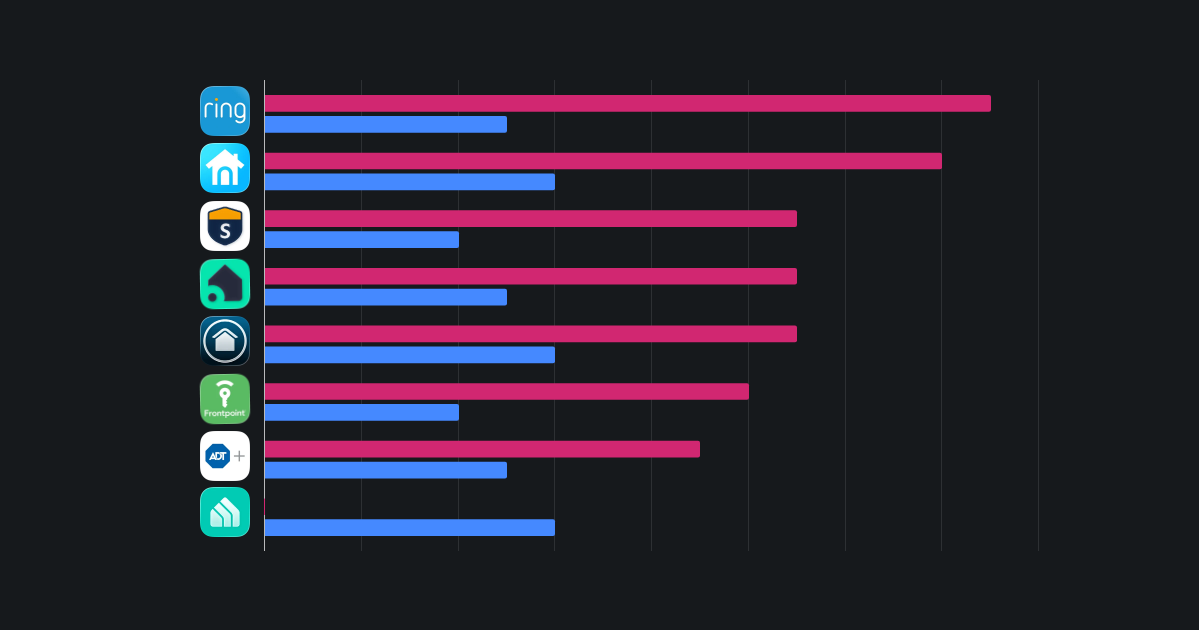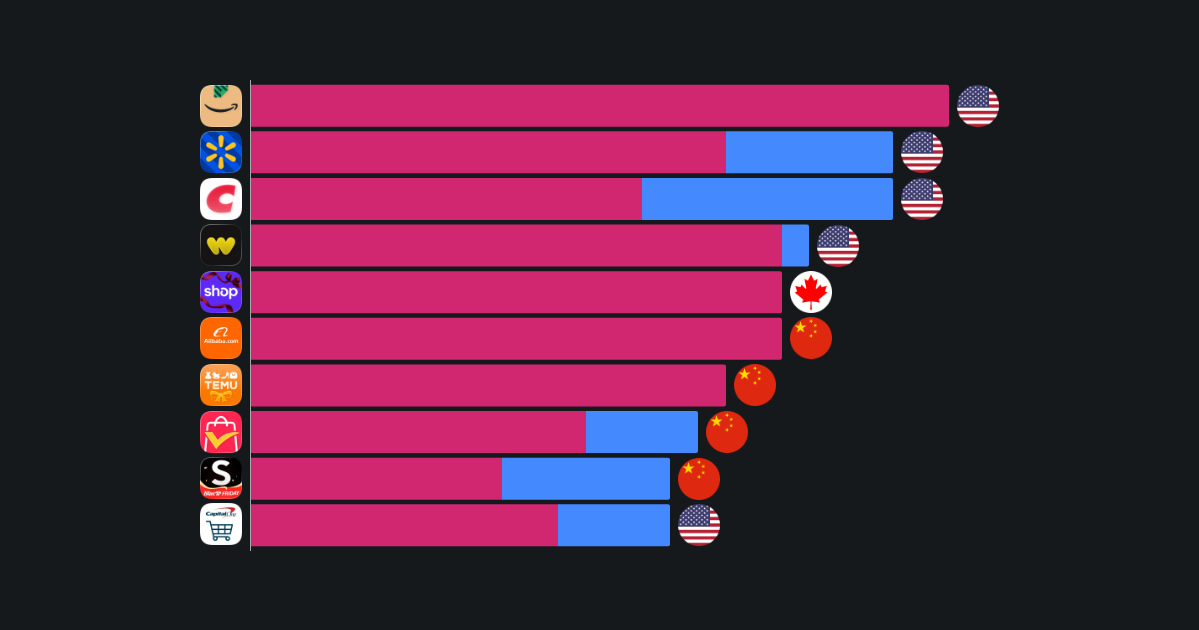digital democracy|digital privacy
US TikTok users unconcerned about mental health impact
Experts agree that the use of social media can lead to addiction, contributing to mental health issues like anxiety, depression, and irritability. It can also lead to strained family relationships as individuals isolate themselves in the digital world.¹ This week’s chart explores the views of different generations as they evaluate how addictive TikTok is and how it affects their mental health.
Key insights
- An astounding 74% of US TikTok users consider the platform addictive. Across the three generations, Gen Z was the most likely to deem TikTok addictive, with 78% saying so, followed by millennials at 73% and Gen X at 72%.
- Despite not being the group most inclined to believe that TikTok is addictive, 37% of millennials report feeling negative mental health effects due to TikTok. This rate contrasts with only 24% of Gen Z and 13% of Gen X respondents who reported negative effects.
- Of the three generations, millennials were the most likely to acknowledge the overlap between addiction and negative health impacts — 24% of those that believe TikTok to be addictive also felt negative health effects. The rates were lower with Gen Z respondents at 15% and only 6% with Gen X.
- Such contrasting rates suggest two possibilities: either millennials find harms in TikTok that the other two generations do not, or Gen Z and Gen X do not believe they are negatively affected by TikTok addiction (or are unaware of the negative mental health effects caused by addiction to the platform).
Methodology and sources
We conducted a survey of 1000 American TikTok users, focusing on their attitudes toward TikTok. The survey ran between April 27 and May 3, 2023. 27% of our sample was made up of respondents from Gen Z (people aged between 11 and 26)², 46% were millennials (people aged between 27 and 42), 23% were from Generation X (people aged between 43 and 58), and 4% were from the “Other” generation group (people aged 59 and up). We analyzed people’s responses across generations, focusing on the three largest groups — Gen Z, millennials, and Gen X.
For the complete research material behind this study, visit here.

